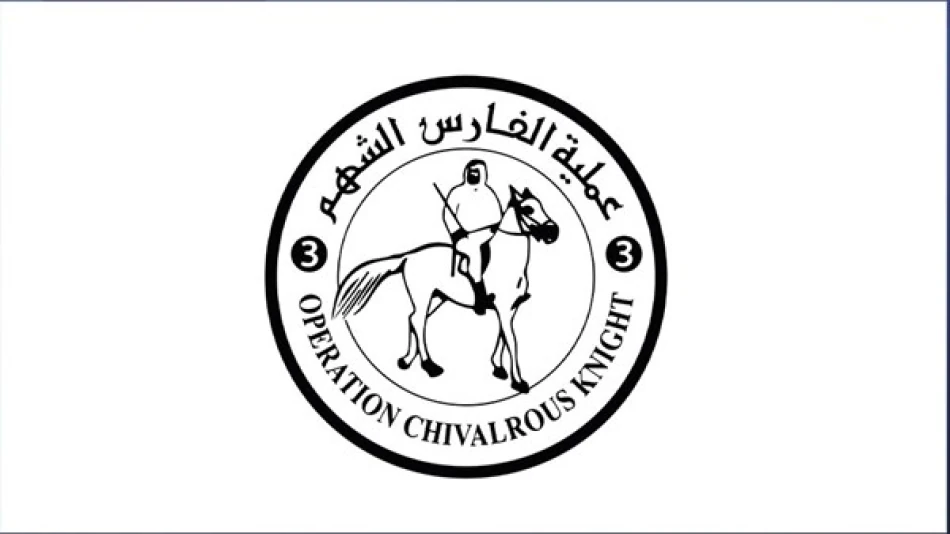
UAE Conducts 54th Airdrop Over Gaza in 'Operation Good Omen' with Jordan
UAE Delivers 54th Humanitarian Airdrop to Gaza as Regional Crisis Deepens
The United Arab Emirates has completed its 54th humanitarian airdrop mission to Gaza as part of Operation "Gallant Knight 3," delivering critical supplies through its "Birds of Goodness" initiative in coordination with Jordan. The mission underscores the UAE's growing role as a regional humanitarian leader while highlighting the deteriorating access crisis in isolated areas of the Palestinian territory.
Massive Scale of UAE Relief Efforts
Since launching the "Birds of Goodness" initiative, the UAE has airdropped approximately 3,725 tons of food and relief materials using 193 aircraft sorties. The supplies include essential food items and vital provisions designed to meet urgent needs of families affected by what officials describe as catastrophic humanitarian conditions in Gaza.
The scale of these operations places the UAE at the forefront of international relief efforts. According to official figures, UAE assistance represents more than 44% of total international aid reaching the territory—a remarkable concentration that reflects both the severity of the crisis and the limited number of countries able to deliver meaningful assistance.
Strategic Coordination with Regional Partners
Jordan's Critical Role
The UAE's coordination with Jordan is strategically significant, as the Hashemite Kingdom provides crucial airspace access and logistical support for humanitarian operations. This partnership demonstrates how regional allies are working together to address the crisis while navigating complex geopolitical constraints.
Multi-Modal Delivery Strategy
UAE officials emphasize their commitment to ensuring aid reaches the most needy areas through all available channels—land, sea, and air. This multi-pronged approach acknowledges the severe access limitations that have made isolated areas of Gaza particularly vulnerable to humanitarian shortages.
Regional Humanitarian Leadership
The UAE's dominant role in Gaza relief efforts aligns with its broader strategy of humanitarian diplomacy across the Middle East. Unlike traditional aid approaches that rely heavily on international organizations, the UAE has developed direct delivery capabilities that allow rapid response to crisis situations.
This approach mirrors successful UAE humanitarian interventions in Yemen, Syria, and Lebanon, where the country has consistently ranked among the world's largest donors relative to GDP. The Gaza operations represent a continuation of this established pattern of using humanitarian assistance as a tool of regional influence and stability.
Implications for Regional Dynamics
The UAE's substantial aid commitment—representing nearly half of all international assistance—raises important questions about the international community's response capacity. While European and American donors typically provide funding through multilateral channels, the UAE's direct operational approach has proven more effective in reaching isolated populations.
For regional observers, the UAE's leadership in Gaza relief efforts reinforces its position as a pragmatic middle power willing to engage across traditional political divides when humanitarian needs are at stake. This positioning could prove valuable as regional stakeholders eventually seek to address longer-term reconstruction and stability challenges in Gaza.
The continuation of these operations, despite their significant cost and logistical complexity, signals that the UAE views sustained humanitarian engagement as essential to regional stability—a calculation that may influence other Gulf states' approach to the crisis.
Most Viewed News

 Layla Al Mansoori
Layla Al Mansoori






